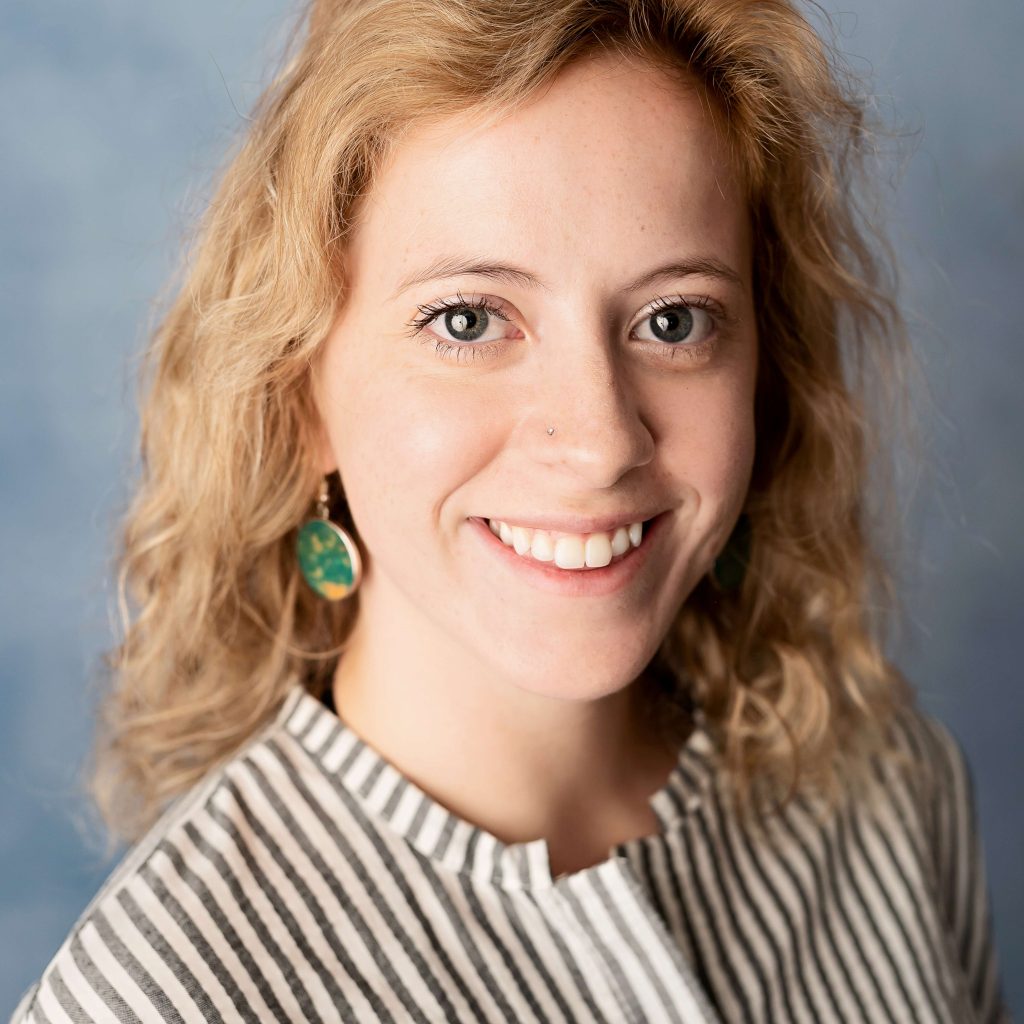Current Students
Kaycie Barron
Kaycie Barron is a doctoral student in the Learning Sciences area within the Department of Educational Psychology. In The Responsible AI for Learning (TRAIL) Lab, she focuses on advancing equitable outcomes for bi/multilingual learners and promoting human-centered AI applications in K-12 education. Her research explores linguistic biases in large language models and how translanguaging and language variation affect model performance. She also collaborates with educators across the state to bridge AI tools with real-world classroom practices.
Joel Beier
Joel Beier is a doctoral student in the Learning Sciences area within the Department of Educational Psychology and is a member of the Learning Representations and Technology Lab with Dr. Martina Rau. His research interests include understanding the ways that we communicate with and about visual representations in scientific contexts.
Xuesong Cang
Xuesong Cang is a doctoral student in the Learning Sciences area within the Department of Educational Psychology. Her main interests including distributed scaffolding and classroom orchestration by utilizing/integrating technology (simulation or collaborative platform/interface) in middle/high school classroom teaching and learning, especially for biology or physic subjects.
Indrani Dey
Indrani Dey is a doctoral student in the Learning Sciences area within the Department of Educational Psychology. She works in the Interactive Learning & Design Lab with Sadhana Puntambekar. Her research interests include designing and implementing technology-rich learning environments for middle-school students and distributed scaffolding. Indrani has a background in molecular biology and worked in the K-12 ed-tech start-up space in India before joining UW-Madison.
Matthew Grondin
Before my interests in educational psychology, I completed my bachelor’s and master’s degrees in biomedical engineering with a focus on cartilage mechanics and quantitative magnetic resonance imaging. While instructing engineering courses, I found myself pondering my own educational experiences and how I learned engineering through an embodied approach. I began teaching engineering concepts in Mechanics of Materials through embodied experiences and found this to enrich student thinking. My current research revolves around embodied learning experiences in engineering education as a alternative pedagogical approach in the discipline.
Alina Guha
Alina Guha is a doctoral student in the Learning Sciences area within the Department of Educational Psychology and is advised by Dr. Shamya Karumbaiah. She works in The Responsible AI for Learning Lab.
Chaeyeon Kim
Chaeyeon Kim is a doctoral student in the Learning Sciences area within the Department of Educational Psychology, advised by Dr. Mitchell Nathan. Broadly, Chaeyeon is interested in immersive learning environment design and development, such as virtual and augmented reality-based learning. She has designed and implemented various types of immersive learning simulations. Her scholarly work primarily revolves around the assessment of students' performance and engagement in 3D simulation-based learning environments. Her future research aims at designing and developing an adaptive simulation-based learning system through embodied design and multimodal learning analytics in immersive settings.
Doy Kim
Doy Kim is an Arvil S. Barr Fellow and Ph.D. candidate in the Learning Sciences area of the Educational Psychology department at UW-Madison, where he studies how immersive technologies shape mathematical reasoning. Working under the mentorship of Dr. Mitchell Nathan, Doy investigates the intersection of embodied cognition, extended reality (XR), and rigorous quantitative methods—a career-long focus spanning over a decade of work in technology-enhanced mathematics education. Doy's research specializes in XR applications for geometric learning. His current research examines how physical actions in immersive environments influence geometric reasoning through advanced statistical modeling. His doctoral work builds on two independently funded projects: iGRASP (immersive Geometric Reasoning through Action and Spatial Practice), which explores how body movements affect geometric reasoning within XR environments, and GRAID (Geometric Reasoning Analysis through Integrated Datasets), which synthesizes multiple randomized controlled experiments to model relationships between embodied action, gesture, and geometric reasoning. As a Doctoral Research Intern at WestEd, Doy works on large-scale evaluation projects, including the implementation and assessment of virtual reality math interventions for rural and high-need students, and evaluations of math curriculum efficacy using quasi-experimental designs. He is also an active collaborator on the EXCEL project (Exploring Collaborative Embodiment for Learning), which examines how action-based technologies enhance collaborative mathematical reasoning in multilingual high school classrooms. Before joining UW-Madison, Doy completed his M.Sc. in Mathematics Education at Seoul National University, with a focus on cognitive science, where he studied embodied cognition in digital haptic learning environments. He has also held professional roles at Korea Educational Broadcasting System and the Center for In-service Teacher Education in South Korea. Doy is committed to mentoring and knowledge-sharing within his research community, regularly facilitating workshops on data science tools, qualitative analysis software, and academic writing for fellow graduate students. Outside of work, he is a passionate tennis player and formerly served as a member of the US Army.
Chenyu Lin
Chenyu Lin is a doctoral student in the Learning Sciences program within the Department of Educational Psychology at the University of Wisconsin–Madison, advised by Dr. Icy Zhang. His research broadly focuses on embodied cognition in the context of AI–human interaction. Prior to joining UW–Madison, he earned a Master of Science in Games for Learning from New York University and had seven years of experience as a K–12 English teacher in China. In his free time, he loves snowboarding, sailing, outdoor sports, playing digital games and cooking.
Pragati Maheshwary
Pragati Maheshwary is a doctoral student in the Learning Sciences area within the Department of Educational Psychology, Advised by Dr. Shamya Karumbaiah. Pragati aims to bridge the gap in educational experiences for students by combining her background in psychology, human-computer interaction, and user experience research. She wants to contribute to a future where learning is accessible to everyone, regardless of their abilities or backgrounds. Pragati is interested in designing accessible and adaptive educational tools for collaborative problem solving (CPS), and supporting multilingual learners and teachers in K-12 or higher-ed classrooms. Pragati is driven by the belief that equitable learning solutions must be both locally grounded and globally aspirational.
Yuanru Tan
Yuanru Tan is a Ph.D. candidate in the Learning Sciences program within the Department of Educational Psychology at the University of Wisconsin–Madison. She works in the Epistemic Analytics Lab advised by Dr. David Williamson Shaffer. Her research focuses on developing novel approaches and statistical tools to model and assess complex thinking.
Yeyu Wang
Yeyu Wang is a doctoral student in the Learning Sciences Area within the Department of Educational Psychology. She is interested in modeling collaborative learning process based on multi-modal data.









